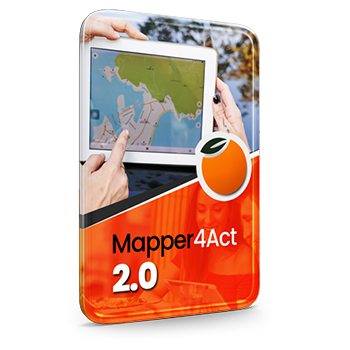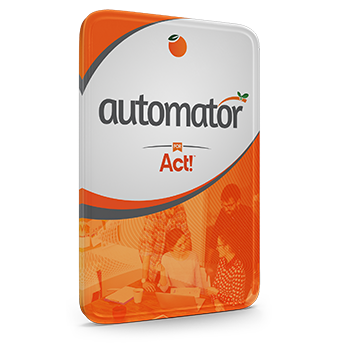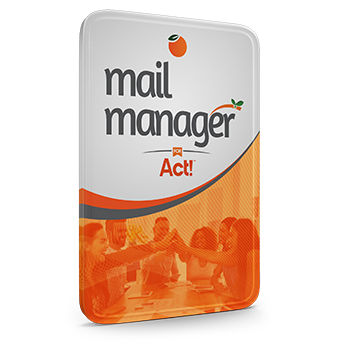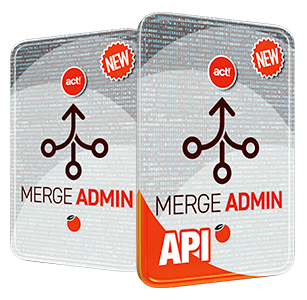Implementing a CRM system into a business can be a challenging but rewarding process. A CRM system can help you manage your customer relationships, improve your sales and marketing performance, and increase your customer satisfaction and loyalty. However, to get the most out of your CRM investment, you need to follow some best practices that will ensure a successful implementation. Here are some of the best practices for implementing a CRM system into a business:
- Map out your specific needs. Before you choose a CRM system, you need to identify what your business goals are, what problems you want to solve, and what features and functions you need from a CRM system. You also need to consider your budget, your existing IT infrastructure, and your staff’s skills and preferences.
- Shop around for the best CRM apps. There are many CRM systems available in the market, each with its own strengths and weaknesses. You need to compare different CRM apps based on their features, pricing, reviews, customer support, and compatibility with your existing systems. Some of the popular CRM apps include Act!, Zoho CRM, HubSpot, Pipedrive, and Salesforce.
- Think about integrations. A CRM system should be able to integrate with other software and tools that you use for your business, such as email, calendar, social media, accounting, etc. Integrations can help you streamline your workflows, automate tasks, and access data from multiple sources. You should look for a CRM system that offers reliable and secure integrations with the apps that you need.
- Select a CRM implementation team. Implementing a CRM system is not something that you can do alone. You need a dedicated team of people who will lead the implementation process, such as project managers, business analysts, developers, testers, trainers, etc. The team should have the skills and experience to plan, execute, monitor, and evaluate the implementation project.
- Set out your metrics, KPIs and goals. To measure the success of your CRM implementation project, you need to define what metrics and KPIs (key performance indicators) you will use to track your progress and outcomes. You also need to set clear and realistic goals that align with your business objectives. Some of the common metrics for CRM systems include customer retention rate (CRR), customer lifetime value (CLV), conversion rate (CR), average deal size (ADS), etc.
- Plan a comprehensive budget. Implementing a CRM system can be costly depending on the size and complexity of your project. You need to estimate how much money you will spend on acquiring a new CRM system or upgrading an existing one; hiring an implementation team; training your staff; testing; migrating data; etc. You also need to allocate enough funds for maintenance and support services. Be sure to factor in the Total Cost of Ownership (TCO) when selecting a CRM, as some products can have a lower sticker price, but require much more in post-purchase customization, deployment, and support services.
- Clean and prep your CRM data. Before you start using your new CRM system, you need to make sure that it has accurate and complete data about your customers and contacts. You can do this by cleaning up any duplicate or outdated records; updating any missing or incorrect information; creating tags or categories; segmenting or grouping data based on criteria; etc. This will help you improve the quality of your data analysis and reporting, and lead to faster CRM adoption amongst your users.
- Test everything before going live. Before you launch your new CRM system to all users in your organization, you need to test everything thoroughly to ensure that it works as expected. You should test all the features and functions of the software; check for any errors or bugs; verify that all data is transferred correctly; review that all reports are accurate; etc. You should also test how users interact with the software in different scenarios.
- Train everyone who uses it. One of the most important steps in implementing new software is training everyone who uses it. Training can help users learn how to use the software effectively; understand its benefits and limitations; customize it according to their needs; troubleshoot any issues they encounter; etc. Training can be done through various methods such as online courses; manuals; videos; webinars; workshops; etc.
- Don't let perfection be the enemy of the good. a CRM deployment can be implemented in stages. A deployment can be delayed significantly if organizers require all components like accounting, sales, and marketing integration to be in place to go live on day one.
- Monitor performance after going live. After launching your new CRM system to all users in your organization, you need to monitor its performance regularly using metrics, KPIs, and goals that you defined earlier. You also need to collect feedback from users and analyze the results of their actions using reports and dashboards. Expect some initial frontline pushback because people don't always embrace change, or may feel threatened by new practices. Address these as training opportunities. As for other feedback, you should identify any problems or gaps in performance and take corrective actions if needed. You should also celebrate any successes or achievements and recognize the contributions of users.
These are some of the best practices for implementing a CRM system into a business. By following these steps, you can ensure a smooth and successful transition to using new software that will help you grow your business.




































